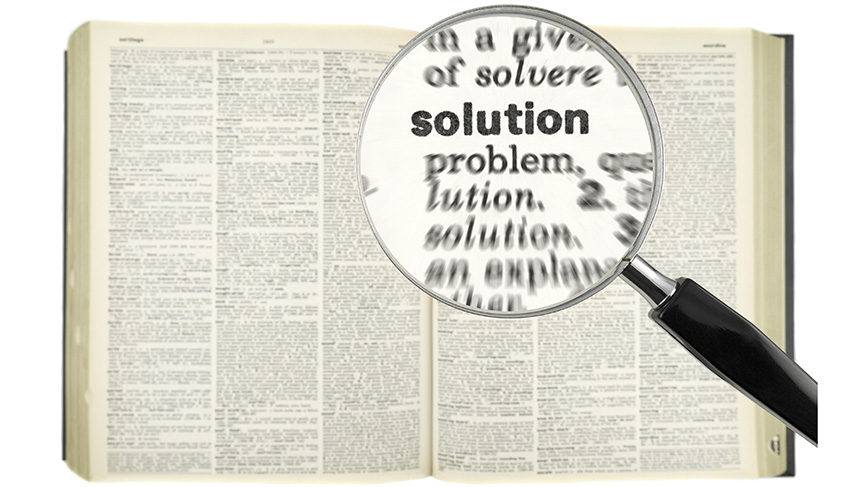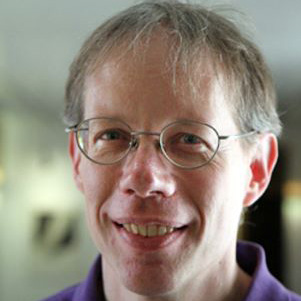The language makes the difference

What does reform agenda, generative AI and local optimisation mean? And what is it called in Swedish? If you're not sure, the KTH Language Committee is always available.
“Yes, we get a lot of emails with questions and sometimes complaints about how we use language at KTH,’ says
Viggo Kann
, chairman of the Language Committee and professor of computer science.”
Why is language important?
“Partly because we need to understand each other, have unambiguous concepts and mean the same thing, and partly because it's important for KTH to reach out to society both nationally and internationally. With good language, we reach further, for example through our students' degree projects, and good language makes KTH more effective as an organisation. But it’s also important for the sake of the language itself. “
According to the Swedish Language Act, the Swedish language in the public sector must be cultivated, simple and understandable. Does KTH live up to this?
"Yes, in general, but the technical academic language needs to contain a lot of specialized terms, which we also want our students to have with them in their careers. KTH has also become much more international, which affects the language, and students should be able to use both Swedish and English as their working language when they enter the labor market."

KTH is a parallel language university, i.e. Swedish and English are used side by side in research and education. A recent research study by Viggo Kann and others suggests that students perform best if they are taught in their first language. Therefore, the first three years of the program at KTH are taught in Swedish and only the last two years in English. The English used is also a lingua franca - a more neutral English so that even those who are not native speakers understand each other.
Look it up
If you are unsure of what a specific KTH term is called in English, you can use
the dictionary
produced by the Language Committee. It contains 1300 words and is updated annually as there is a steady stream of new concepts and terms that need to be translated.
“We are currently looking for a correct translation of the Swedish term “reformagenda”. It's a good idea to check with the Language Committee to see if there is a term you should use often.“
He thinks that the internal language was more unorganised ten years ago than it is now.
Can unnecessarily complicated language risk being misunderstood and used to hide things, whether it's academic or official language?
“Yes, but I think that because we have a scientific approach in much of what we do with clear, precise language, it might have rubbed off on the language of authority. But that's just a hypothesis. In the scientific process with various reviews, it is not an advantage to blur the language.”
Viggo Kann can't think of a favourite word at the moment, nor a worst word.
“Our role is not to criticize the use of language but to support it in a good way.”
Useful technology
He does, however, emphasize the many possibilities of new technology to produce a better language.
“AI won't take over, but it is very useful for reviewing and improving your texts. And the requirement for accessibility is also an important factor in increasing everyone's understanding of a text.”
Reluctantly, Viggo Kann mentions some common errors that appear in different texts.
“A translation that often shows up is Dean instead of Head of School when writing about school heads.”
What will KTH's language be like in ten years?
“It's a long time when we talk about language. There is so much happening all the time. The trend continues and KTH becomes even more international, but the Swedish language remains. With AI, we will handle texts in a different way. A lecture in English will perhaps be heard simultaneously in Swedish. The language barrier will be broken down and you can have a text translated into any language you want instantly.”
Text: Jill Klackenberg
